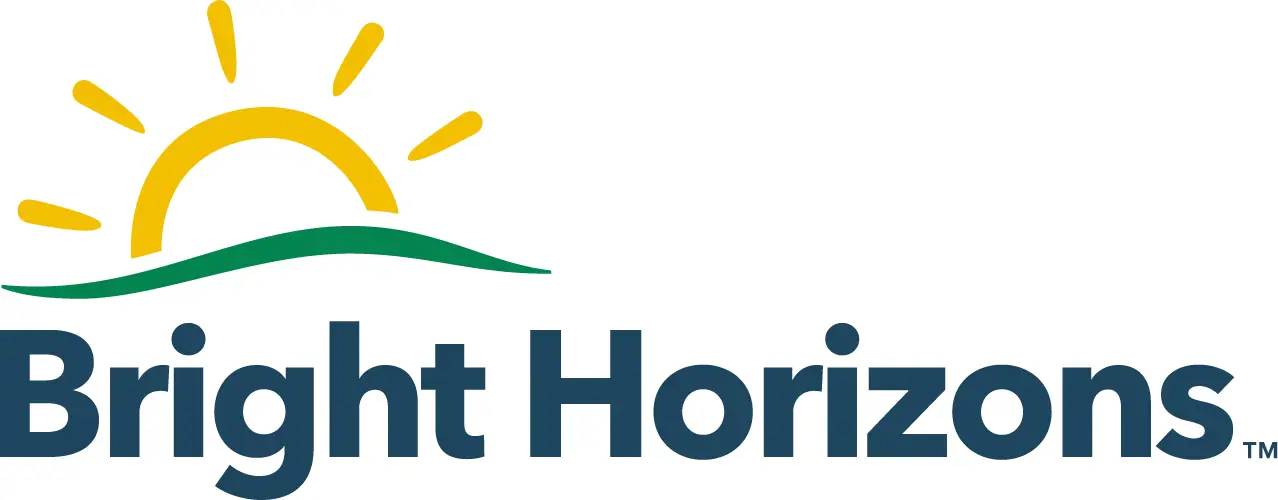And yet, many leaders still have few qualms in using this phrase. They want to reinforce the positive sentiment of what family means: meaningful relationships, people having your back, a sense of safety and belonging, cheerleaders to push you to be your best and people with whom to celebrate your wins.
All these qualities should thrive in the workplace. But positioning colleagues as ‘family’ isn’t the best way to make it happen. The term also has many negative connotations. While leaders may be using this concept, it’s often left to HR to handle the consequences.
The dangers of a workplace family
Familial support, on the whole, is unconditional. But work is conditional. It's based on the contract between the employee and the employer – on what an individual brings to the table, and on organisations providing them with the environment to be at their best.
Read more: Why ‘one big family’ is one big red flag
It’s also about balancing the professional versus the personal. More and more, people put boundaries in place between work and home. Calling work ‘family’ can blur those much-needed lines, leading to higher rates of burnout and making it harder for employees to maintain their own boundaries.
It can also lead to complacency, which in turn can lead to reduced productivity, a lack of innovation, a resistance to change and a reluctance to take creative risks. Employees might take their foot off the pedal if they think they have the unwavering – and unlimited – support of family to fall back on.
A key trait that people expect from businesses today is authenticity. A ‘workplace family’ sets unrealistic expectations and pressures on both the company and the leaders and managers.
Read more: Workplace culture: values matter
Of course, there needs to be a level of accountability and responsibility on both sides, but organisations don’t need to become parental figures to employees. We got our fill of paternalism during the height of the Covid-19 pandemic. We don’t want to go back down that rabbit hole.
Depending on each employee’s lived experiences, family isn’t always a positive thing. The idea of a workplace family can actively alienate those whose own family background is less-than-ideal.
Bogged down in terminology
Leaders love to find alternative, but ostensibly very similar, ways to define their workforce. If it isn’t a ‘family’, it’s a ‘sports team’. Netflix has recently taken this to the next level by asking managers to weed out people who aren’t seen as ‘keepers’.
What’s interesting is that the company is calling for judgement, not offering development opportunities to unlock untapped potential within the individual. Yes, it’s an opportunity to purge toxic or lazy employees, but what about those with high potential? And are leaders held to the same standard?
The best sports teams help players recover from injury, develop their rookies, and don’t just cut them loose when their form slips.
In essence, labels are meaningless without action. Without putting the behaviours in place to support people, a new label is just a Post-it note. Organisations have to embed and enable the behaviours to be lived continuously, and do so consistently.
In order to bring the best out in their people, they need to cultivate a culture and environment where they feel included, respected and supported. That leads to higher performance, better retention rates, and fosters loyalty.
Read more: Why cultural alignment should be HR's priority in 2024
They can then create a genuine sense of belonging, without the negative connotations that come with having to fit into a subjective vision of ‘family’. Making people feel like an important, trusted part of their employer’s organisation has to be part of its DNA – but without imposing unrealistic familial expectations. This isn’t Succession.
By Mavis Boniface, operations director at culture change consultancy United Culture










